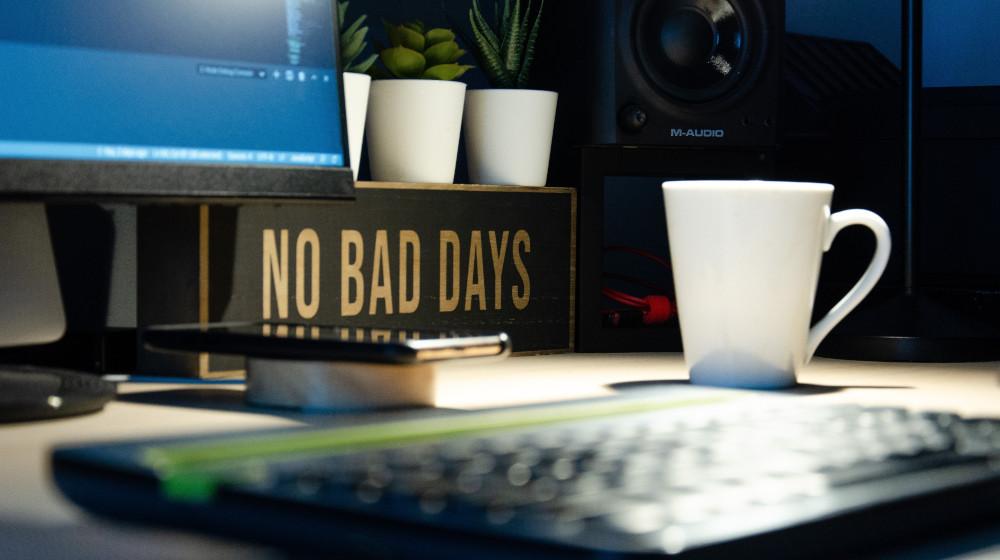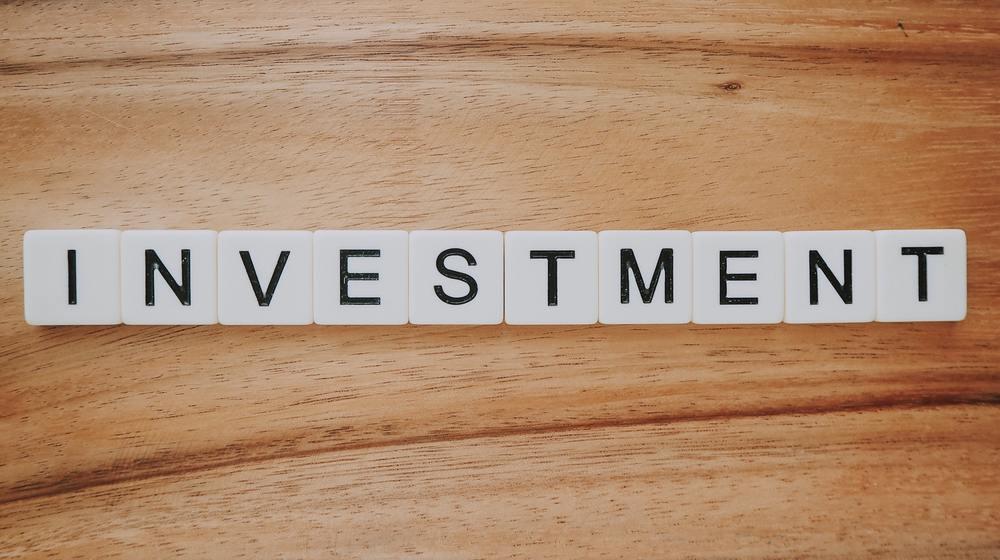2020 has been the year of surprises for small businesses. It is tough enough to be in a market full of competition and giants. On top of that is the impact caused by Covid-19. Though, as life goes on, we remain optimistic and try to uncover lessons from 2020 experiences. With that in mind, we’re going to share 7 lessons that have come from the many experiences all businesses have had to go through this year. These lessons should help your business thrive in the current situation, and for the future in the face of anticipated and unanticipated catastrophes. Keep reading: one of these lessons could fit your business perfectly and help you strengthen your business’s infrastructure!
What to expect from this article
Expect the unexpected.
One of the many advantages we had during this pandemic is the ability to build an incredible digital infrastructure that helped business communication, adaptability and survival. In the face of this adversity, even those who were not previously convinced of the importance of online presence started to change their mentalities. Although the lessons I am going to put forward do not focus on online aspects, they do tackle a wide range of lessons we learned from 2020.
Here are the lessons this article will address:
- Communication
- Employees come first
- Remote work is doable
- Workplace restructuring
- Agility and cash buffers
- Multiple streams bring revenue
- Digital transformation and presence
Lesson 1: communication
Communication is the first lesson this pandemic has taught us. Don’t underestimate the value of good communication and the essential training on crisis management with which you educate yourself and your employees. Let’s think about this in 2020 specifically. How did you first contact your employees? How did you get contacted as a business owner by the legislative bodies, clients and employees? How quick was your communication with your employees? One 2020 experience we learned was that emails are effective but slow.
Remain connected with your employees using quicker methods. Text chains could be a solution. Having phone numbers listed and ready to be contacted asap is another solution. Having a crisis plan of communication is key, and it should be practiced and simulated with all employees similar to fire training, earthquake training, etc. It’s time to create one. You can even take the further leap and create protocols with your clients - it’s up to you.
By developing a plan, keep in mind the steps you take to notify and protect employees and the needed steps to secure the premises and assets of your business.
Related: Crisis Management: How can you help your business through tough times?
Lesson 2: employees come first
Clients do not come first, employees come first. If you take care of your employees, they will take care of your clients
Richard Branson, the founder of Virgin Group, was right when he said the key to your success and continuity is your crew. By extension, your main concern should be their well-being. Some of your employees can be fighters, others can be dependent on their jobs and that “they cannot afford to stay home”. Hence, they wouldn’t hesitate to come to work sick. Another 2020 experience is to regularly check up on the health condition of your employees. Many laws are tackling the pandemic’s repercussions, allowing employees to get paid sick leave. Don’t wait for these laws to be put into place: start with your business and your employees.
Musician Reba McEntire said: “All the money in the world can’t buy you back good health”. She is right, too.
Lesson 3: remote work is doable

This particular lesson is for businesses that do not need to be present at sites, factories or production lines. It is for the many businesses which refused to succumb to the remote work ethics before the pandemic. Employers would suggest that reduced productivity could happen if this particular practice was enforced. Little did these employers know, the circumstances around 2020 have made this the norm regardless of employers’ desires. Let us not focus on what 2020 forced businesses to do, but actually focus on what remote work has proved to do.
Remote work during the pandemic proved to be efficient; workforce productivity is as regular. Employees get to work in their comfortable clothes without any frustrating commutes, morale remains high and the pace of production remains the same, as well as a reduced bill on office supplies and utilities.
Some businesses took it to the next level, moving permanently to home offices such as Twitter. Others have provided options to employees, allowing them to work from outside of the office. It goes without saying, this 2020 experience is changing the workforce into a telework environment and it seems to function as well as it was.
Privacy helps productivity
Lesson 4: workplace restructuring
Following the previous lesson, another lesson comes to mind to businesses that choose to keep their offices and are eager to return to them after the pandemic. Social distancing is an important 2020 experience that businesses ought to learn from. You might want to consider spacing your staff rather than having open floor structures. Lack of privacy reduces productivity and morale, as a study by Forbes shows. Distance your employees with office barriers if possible. Reinvent your office; be creative!
Lesson 5: agility and cash buffers
Businesses that were already prepared for the worst were the ones to thrive during the pandemic. Yet another 2020 experience we should learn is having a Plan B: being prepared for the worst and having a cash buffer proved effective. Adaptability is essential to surviving any and all changes happening around you. It is what keeps a business alive through good circumstances, bad circumstances and unforeseen hazards. In 2020, many manufacturers and businesses did not have a Plan B. However, they managed to adapt, retool their production and delivery methods to stay in business.
Everybody has a plan until they get punched in the mouth
Mike Tyson’s wise words help move us to the importance of having an emergency plan. Keeping a Plan B aside will never hurt. If you never have to use it, that’s good. But if you should ever really need it, it’s always better to have one in hand. Plan B can come in many shapes and forms. It is an investment in the future of your business and in your revenue streams. You can have multiple stream revenues, or expand your business to have a subsidiary plan in case something big hits, such as a pandemic. Brainstorm with your staff on your strategy.
Another thing to consider is having a cash buffer. Some businesses went bankrupt because they relied too much on their upcoming income rather than having a contingent amount put aside for bad business days. Another 2020 learning is how important - essential, even - having an emergency fund is. It will help you keep your staff, maintain a growth rate, or even hire new talents to help you survive until the rain stops.
Related article: 8 ways small businesses can be profitable during the 2020 holiday shopping season
Lesson 6: multiple streams bring revenue
Impacted industries have shifted towards permanent changes from lessons they have learned during this crisis. If you are involved in one of these industries, or even in an emerging industry, it’s important to realize that your best revenue stream is through your technological advancements. A 2020 experience you should develop is reshaping your selling process.
Nearly 100% of today’s sales are being done online today. You can have an on-site service with only one revenue stream. I advise you to start reshaping your strategy to move towards an advanced technology-focused one. It could be argued that focusing on one revenue stream is more important to grow and develop said product faster. However, 2020 proved to knock down businesses that did not have alternative revenue gateways. When one area of your business is hurt, you should be able to support it, or even shut it down without completely losing your income stream. Ensure longevity of your business with multiple stream revenues.
Lesson 7: invest in technology and digital presence

By now, as a business owner or an entrepreneur, you will have realized that technology has won in 2020. This lesson is one of the most important from 2020 that you should adhere to.
Digital transformation is a priority.
Adapting your business and employees to technology is a must these days. Not only technology for senior employees, but staff should be trained in using your business’s technology in case they have to shift to remote work similar to what this year has forced. Having meeting platforms, functions, online stores and websites is an investment you cannot go wrong in. Remember: you do not have to shift completely to remote working to invest in technology, but it is good to be prepared and not be left behind by competition and the market’s demands.
During the pandemic, even small retailers and restaurants managed to advance their technology to serve customers at their homes, provide sanitary deliveries and clean pickup services. Prepare for the future, have equipment ready, meet the demand. If you are still lagging behind in your online presence, GoDaddy is your go-to. You can start using Websites + Marketing tool to build an exciting website without any tech knowledge needed, purchase a domain name, get your SSL certificates and even create professional emails.
2020 experiences and lessons learned? What next?
There are always going to be unforeseen problems that may catch you off guard. Organizations fell under during 2020 despite their might and competence, but we’re not here to address big enterprises. We are here to focus on you, how to build your business in a way to make it adaptable to all market conditions. Encourage innovation within your business and learn from the 2020 experiences we have faced together. Be willing to adapt and shift quickly, and don’t get lost in the stream of advancements. Take risks, think outside the box and support the creative thinking of your employees. Remember: it is they who turn your company into a successful one, so they’re worth investing in.
That being said, I hope the value of these 2020 experiences and lessons bestow a great future for your business.
For more insightful articles, feel free to visit our blog.










